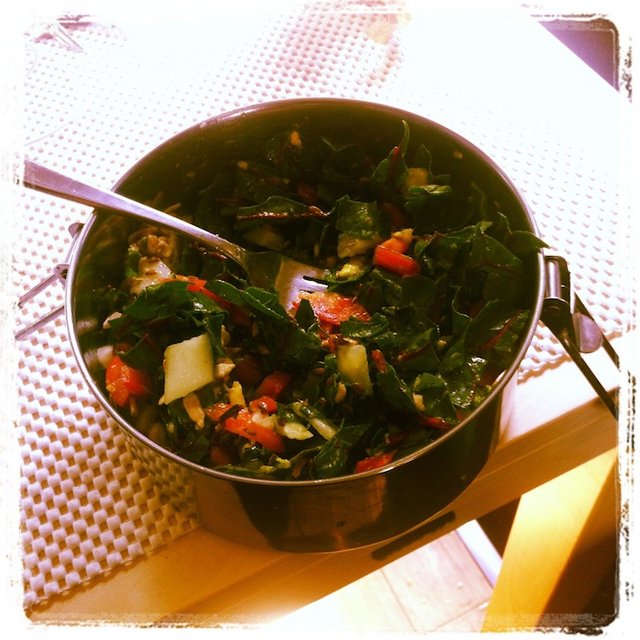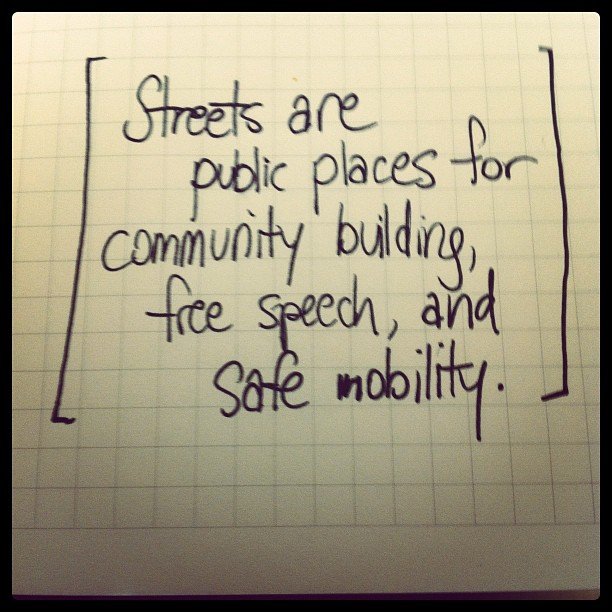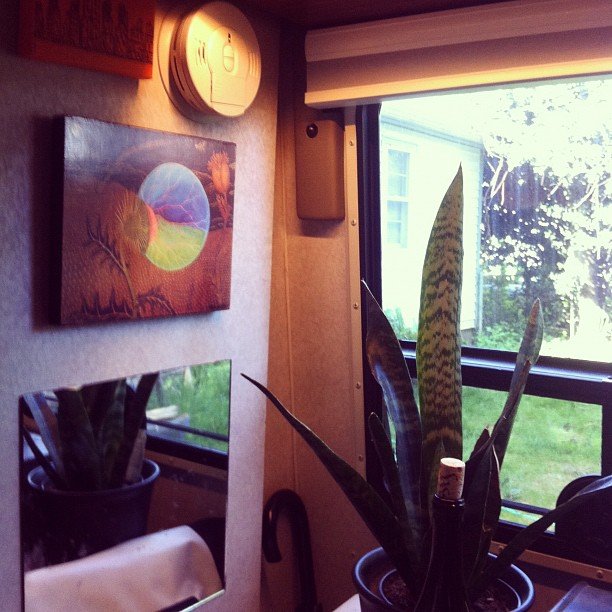A holistic approach to happiness

March was a turbulent month for my body and mind. I had just terminated the lease on my
apartment in Portland and was in the process of moving into a tiny RV. Every day was rendered
more burdensome by persistent rain, gloomy skies, and an unnerving sense that the rabbit hole
of my anguish would burrow ever-deeper.
And so, I set out on the open road in a blaze of escapist glory, thinking I was destined
to find happiness outside myself. At first, the distraction of the road combined with the
glimmer of sunshine provided me with the fulfillment I so craved. But, as with all stints of
pleasure, it was short-lived and transient.
When I returned to Portland, I sought to properly investigate the source of my anguish.
Why did I find myself in a constant state of yearning and escapism? It wasn't my friends, nor
my surroundings, nor the weather, nor my work. I had tailored each of those to my liking--moreso
than for most people have the opportunity or will. If none of those things, then what?
Fast-forward to this weekend. Within a 24-hour span, I discovered a film and a book, the likes of
which would change my life. The film is the recently released, critically-acclaimed Forks Over Knives.
In it, the documentarian examines The China Study, the famed 2004 book examining the relationship between
the consumption of animal products and illness, in the context of the Western diet.
I was well-aware my diet wasn't optimal, but I knew my attentiveness toward what I put in my gullet was more than
most Americans, so I thought little of it. But when I realized that certain foods, in adequate daily quantities, could
reverse diseases like cancer, multiple sclerosis, and coronary artery disease, I was astonished and sought to completely
revamp my diet to meet and exceed those criteria.
Forks Over Knives evangelizes a strict vegan diet and claims meat, dairy, and even fish are not necessary for, and
often detrimental to, a healthy, disease-preventitive diet. Being a curious little bugger, I never let one driver steer me
down the street. After all, veganism is generally regarded as a veritable tightrope walk to get adequate levels of B vitamins,
and essential amino acids. Dr. Terry Wahls, a now-recovering multiple sclerosis patient, gave a TED talk detailing the diet
she used to kickstart her brain and find her way out of a wheelchair and walking again.
Now, rather than eating out for two or more meals per day, I go to the grocery store shortly after waking up each morning,
buy a bunch of dark leafy greens, one colored vegetable, one bunch of herbs, two pieces of fruit, and a bag of seeds or
nuts of my choosing. All of this becomes the basis for two heaping servings of raw salad. You probably think I'm malnourished,
but I've never felt so alert and alive. My craving for "mood enhancers" like caffeine, alcohol and cannabis have
diminished substantially, almost to the point where I find their use to yield a net negative effect.
Okay, so I've got my body on the path to proper nourishment. On to my spirit...
Enter The Power of Now by Eckart Tolle. Typically I don't gravitate toward mainstream
bestsellers as the source for great inspiration, but there are always exceptions. This is a big one. Tolle
has re-taught me the duality of being and self, a distinction I hadn't forgotten but one I had certainly
neglected in my daily life. Whenever I find myself becoming anxious, fearful, or stressed, I focus my
attention to the beauty of the moment I'm living. After all, the past and future only exist as recollections
and projections in our minds.
This led to another realization, the likes of which Tolle couldn't have discussed in his 1999 book but stares
me straight in the face in our twenty-first century age. If past and future are mere products of ego, if self and identity
are ailments of our own making, then what does social media represent in that context? The ultimate manifestation
of our egos in digital form? Are all the texts, tweets, status updates, and constant social noise causing us
anxiety of which we're hardly aware? Does the comment I receive on my Facebook post, pushed straight to my phone
and ready for my consumption the instant it is published, the most iconic example of non-presence,
non-attentiveness, and unconscious living imaginable?
tl;dr Eat your fucking vegetables and be here now.


